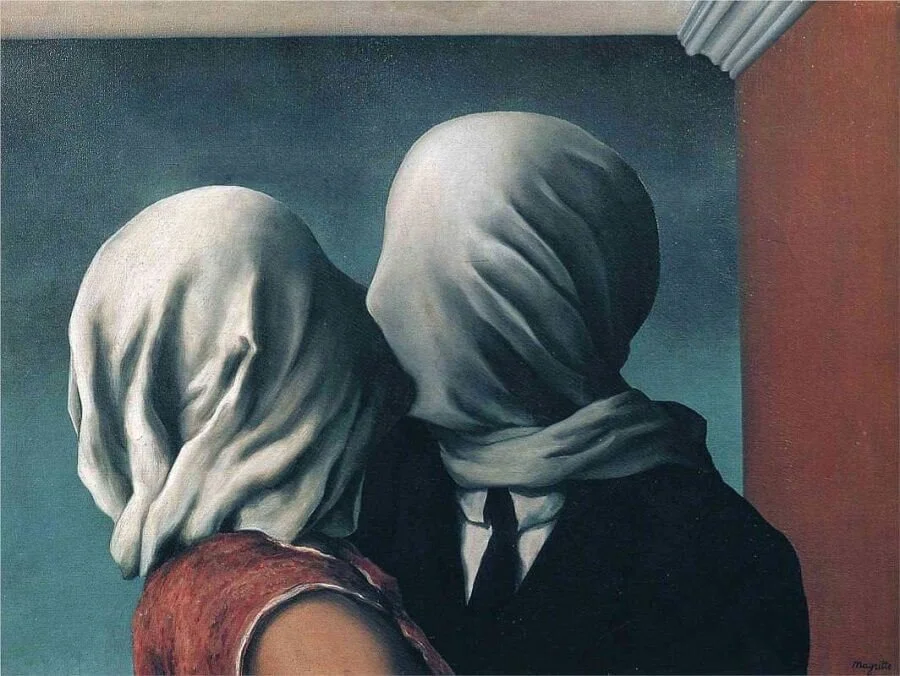Anthropology & Psychoanalysis
At first glance, psychoanalytic and ethnographic methods and concerns have much in common. Both fields are interested in subjectivity as the interplay between internal and social worlds. Both rely on listening as part of their core methodologies. Both profess humanistic concerns about the people with whom practitioners work (their interlocutors, research participants, informants, clients, patients, or analysands). Both fields have as their central preoccupation the question, “What can social theory learn from human experience?” And yet, despite these similarities, social anthropology and psychoanalysis respond dramatically differently to the question posed, partly due to differences in how the field conceptualise human experience itself. For ethnographers, experience is at the crux of practitioners’ methodology. For analysts, it is always only ever symptom.
This seminar takes up the synergies and discrepancies across social anthropology and psychoanalysis as a comparative project: what can we learn about the commitments, opportunities, and foreclosures of each field by working with the two in tandem? We will work with psychoanalysis as a field of inquiry that takes seriously the unconscious, unreason, and the repressed as socially inflected psychic phenomena that bear on human behaviour and relations. We will use this comparative project as the basis for approaching questions about subjectivity, representation, method, and ethics. For example, how might ethnographers engage with the psychoanalytic premise that some human experience is beyond representation? And how might psychoanalysts engage with an anthropological commitment to cultural difference? We will build out a comparative approach to ask wide reaching questions about the nature of representation, knowledge, and the psyche in both fields, to consider the implications for politics and ethics.
Jess will be teaching and convening Anthropology & Psychoanalysis for honours-level undergraduates in Autumn 2024.
René Magritte, The Lovers II (1928)
